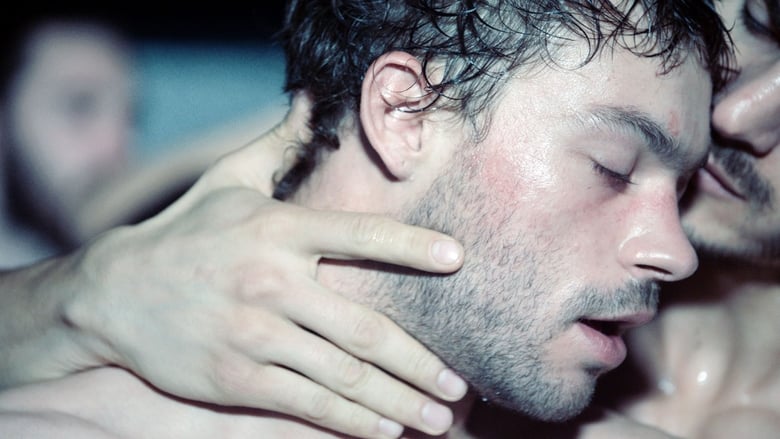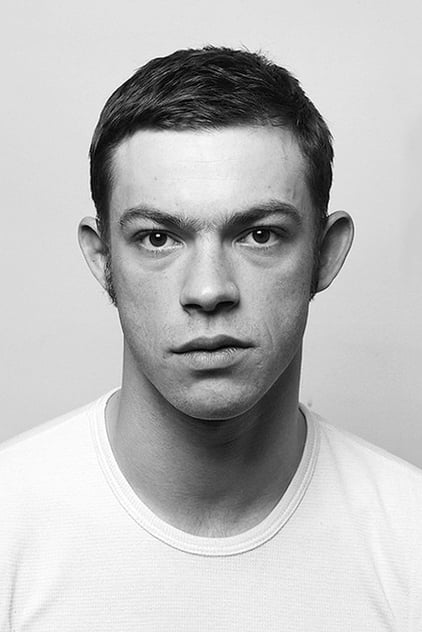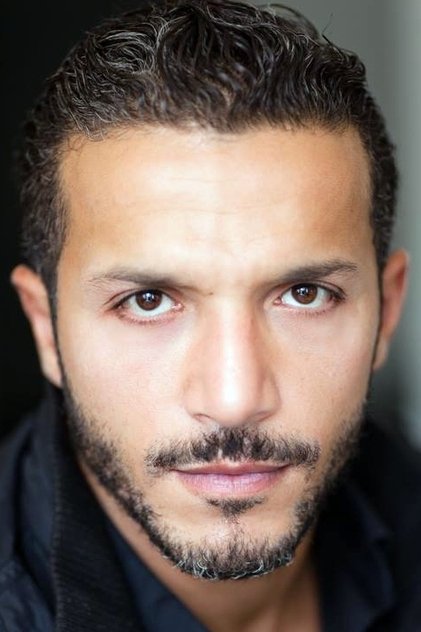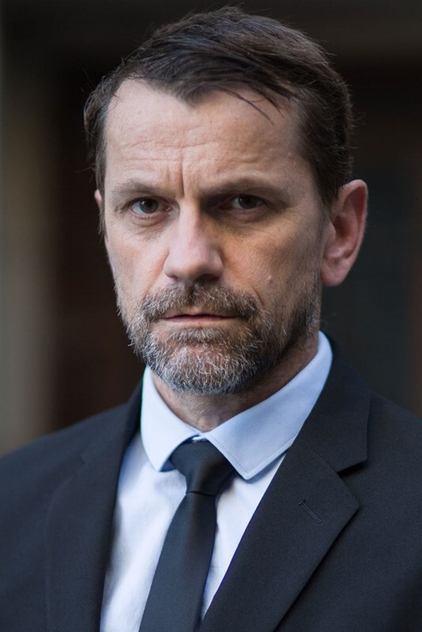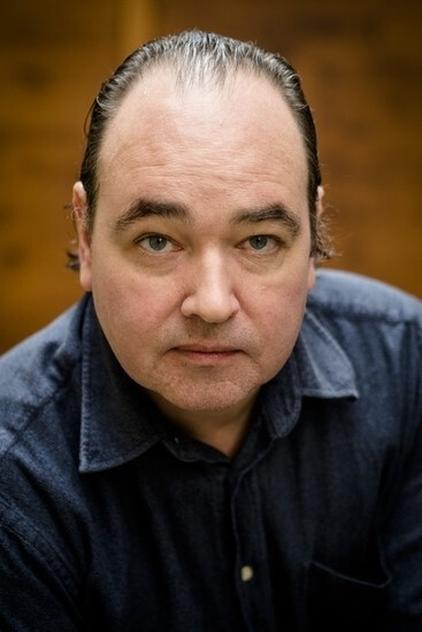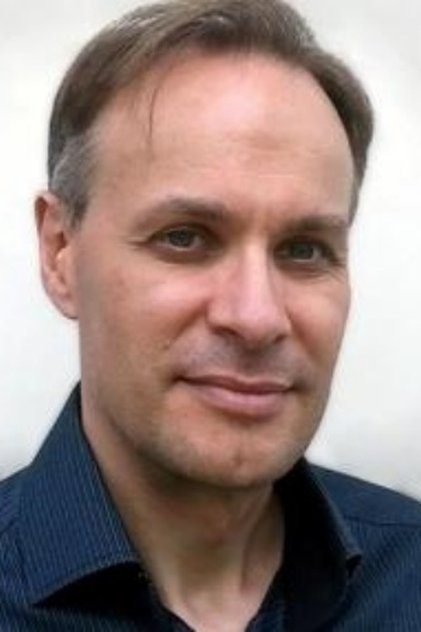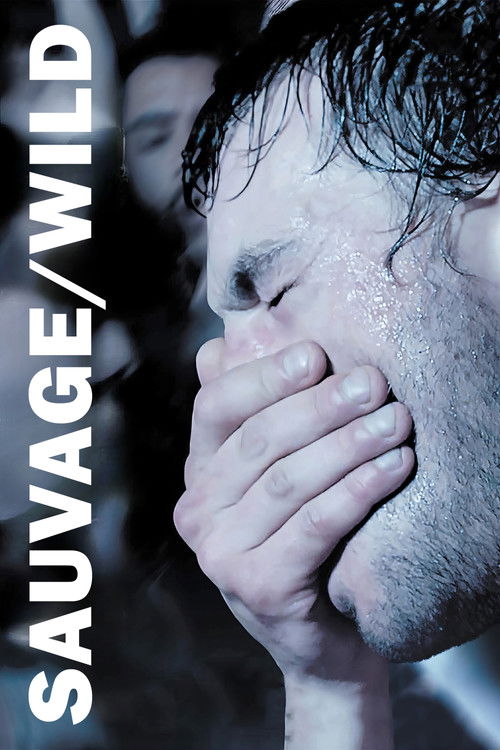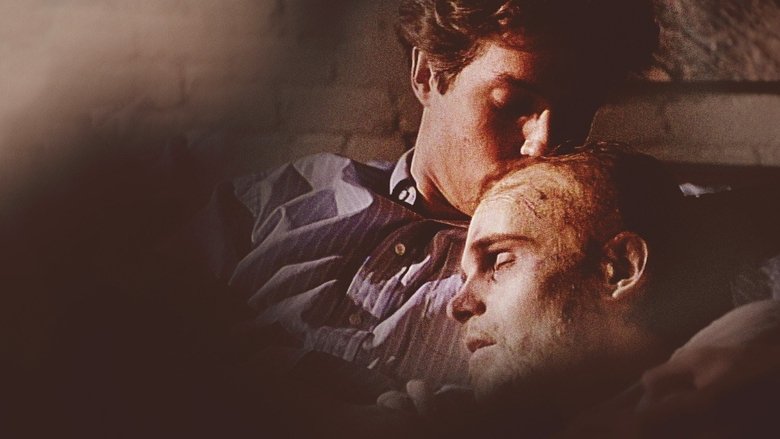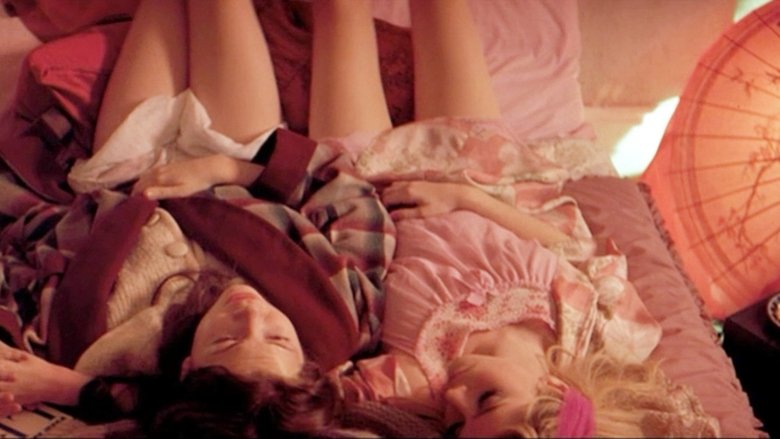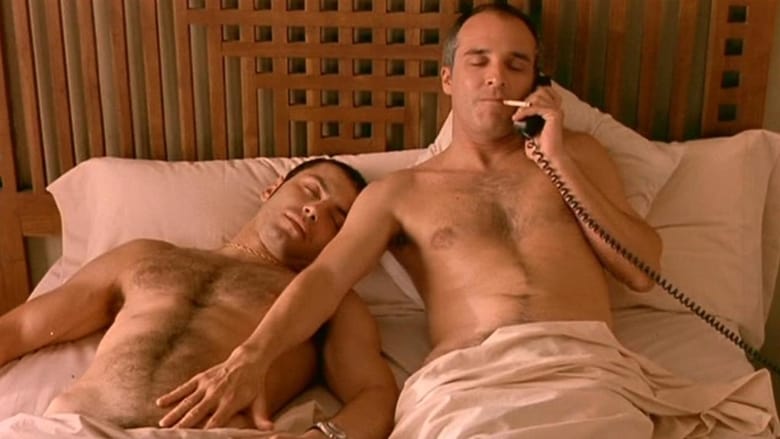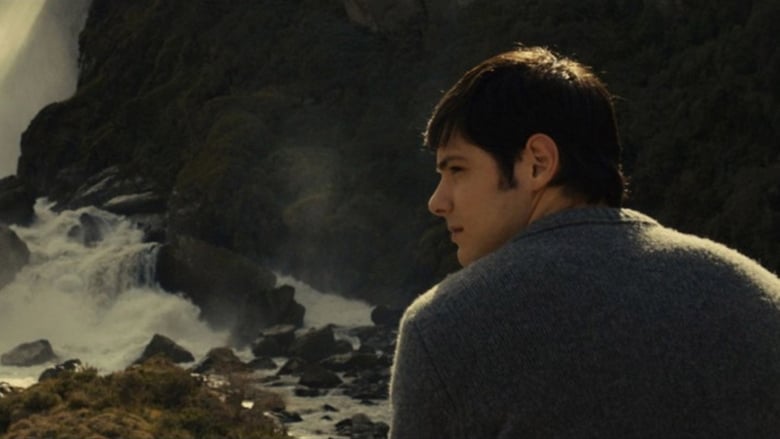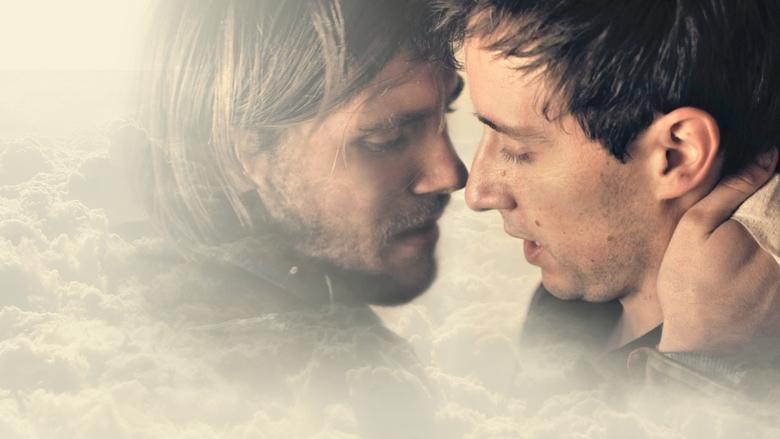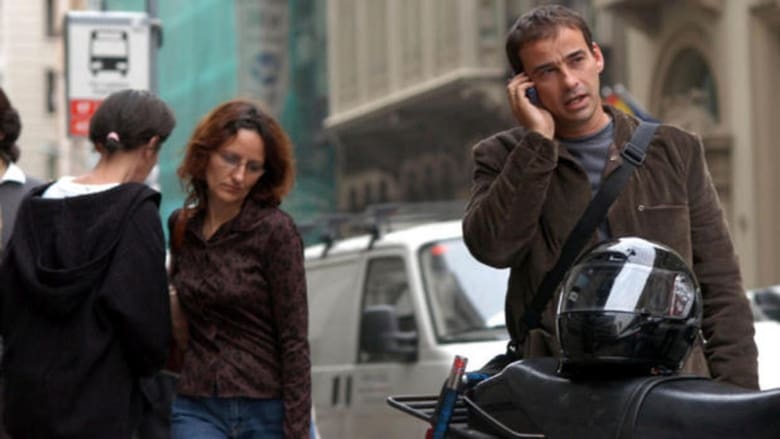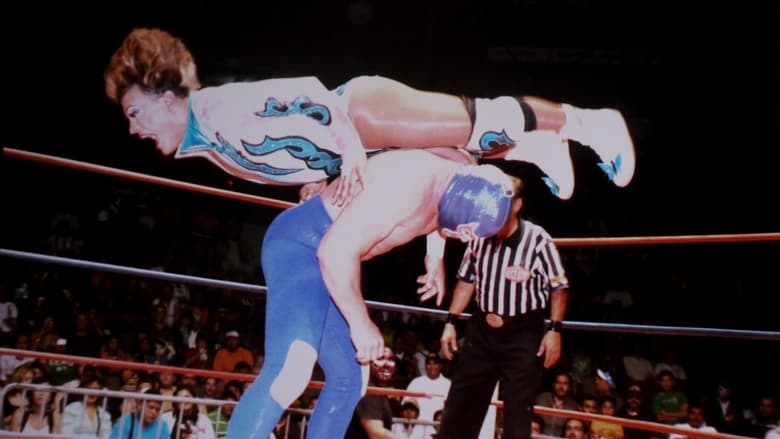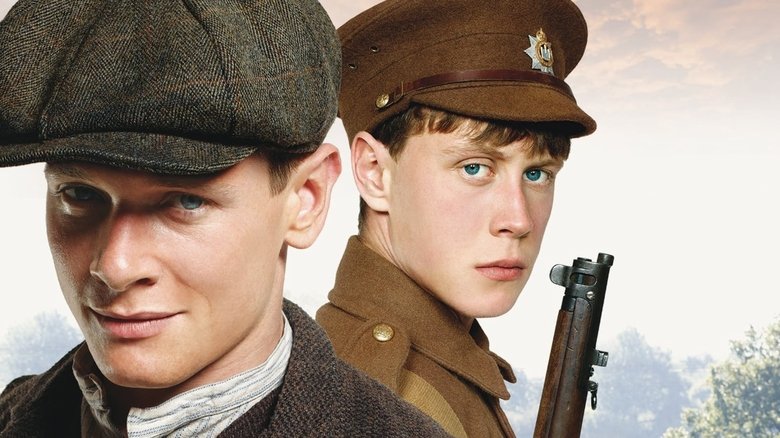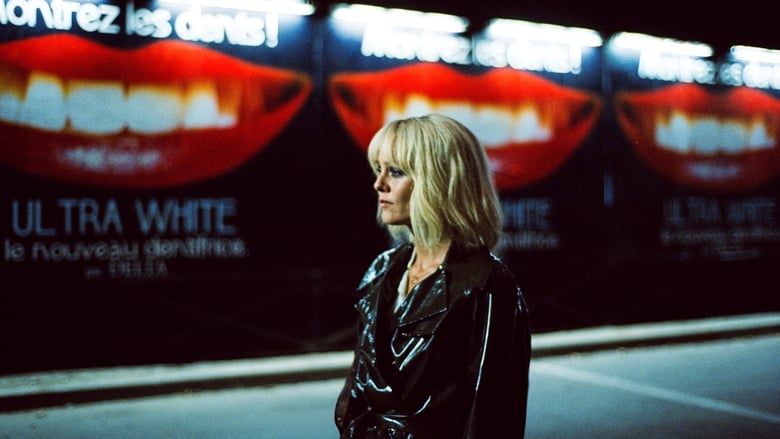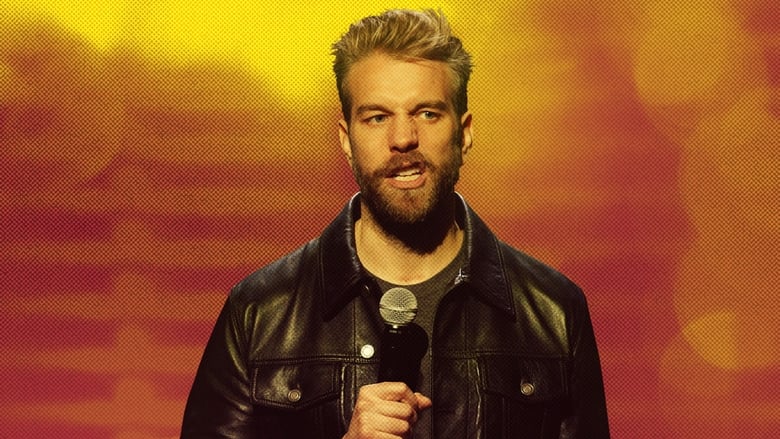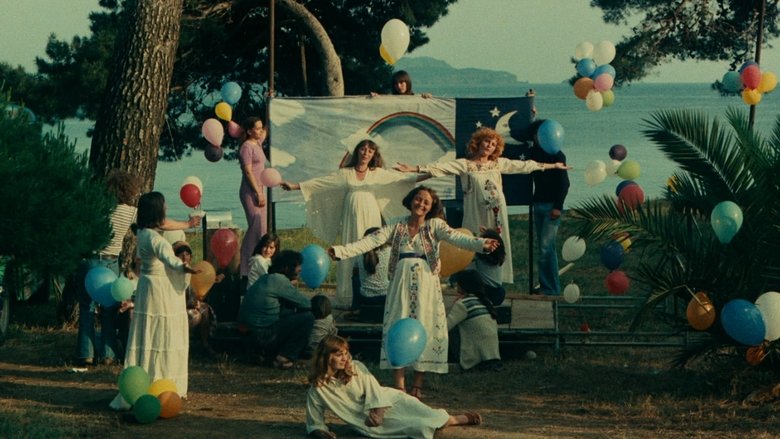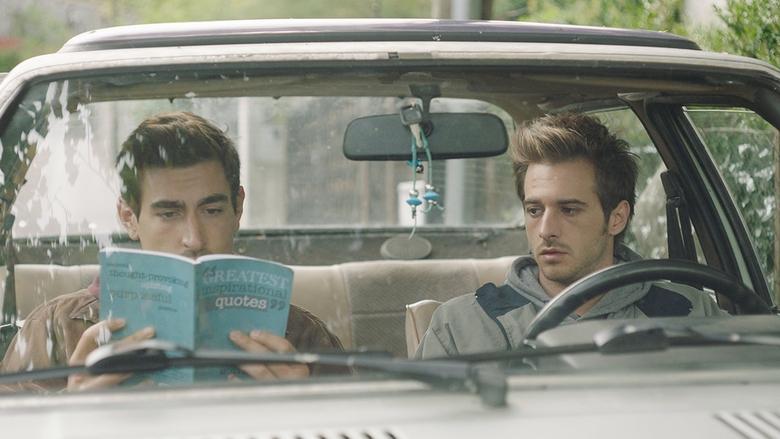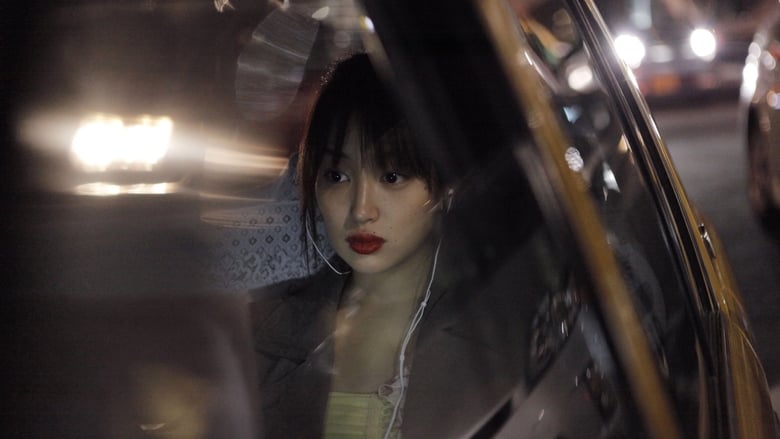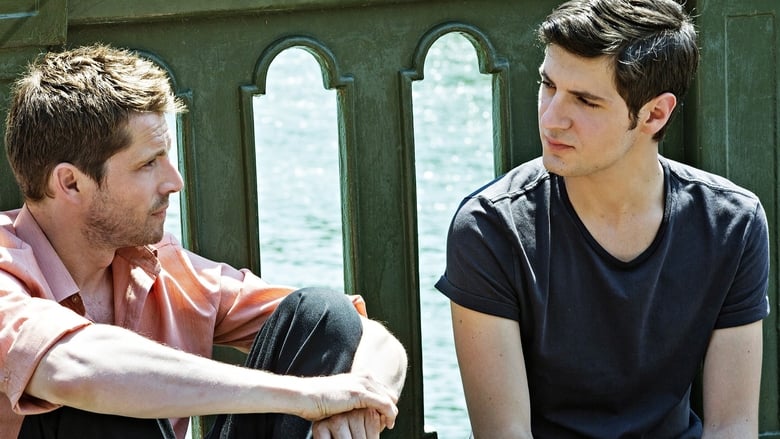Stephen Campbell
Aug 1, 2019
7/10
Léo has no moral judgement: he is just there. That's his life. He doesn't even know what "get out of it" means; get out of what, to go where?
- Camille Vidal-Naquet; Sauvage Production Notes
I have always been impressed with the way Verhoeven directed his actors and managed to convey that sense of shamelessness and automatic freedom of the body.Vidal-Naquet describes Léo as
a solitary young man who hits the road and wanders from one encounter to the next, longing for love, driven by an unquenchable capacity for love that keeps him going, regardless of the violent world around him.The film reveals nothing about Léo's background - where he comes from, how he became a prostitute, does he have any family - and many of the choices he makes prompt more questions than answers, with much of what he does tied to his notions of personal freedom. Even his final choice, which is undeniably selfish and ill-advised, is consistent with the psychology of the character as seen up to that point. He isn't especially interested in a life away from drugs and prostitution, and so he takes the violence, degradations, and humiliations, because every now and then he meets someone who provides him with a degree of transitory happiness. And that is his primary concern, rather than the practicalities about which his colleagues worry; when asked by the female doctor if he wants to quit drugs, he replies, "what for?", and when Mihal offers him a mobile phone, he seems genuinely bemused, asking, "who would I call?" Even his attitude to hygiene is questionable - we never once see him taking a shower, his clothes are perpetually filthy, he drinks from gutters and eats from bins, he has a litany of physical ailments, and on two occasions, other characters comment that he smells bad. Even the money he earns from selling himself doesn't seem to be especially important, as he appears to use it primarily for tattoos and drugs. Léo doesn't share in the detachment, coldness, or bitterness of his fellow prostitutes, all of whom find it bizarre that he's willing to kiss clients, and several of whom find it unprofessional. However, the important point is that Léo doesn't kiss on-demand, he does so only when it feels right. This in and of itself illustrates how different he is from the other prostitutes, and how selling himself is not exclusively monetary - he is searching for genuine affection, and he seems incapable of establishing the same boundaries between himself and his clients as the other sex workers live by. He gives much more of himself than them, in the hopes of establishing a genuine human connection with someone. Indeed, Ahd says at one point, "it's like you enjoy being a whore", which he doesn't deny. His fellow prostitutes are healthier, cleaner, more financially independent, more aware of the dangers of their occupation, never allowing emotions to become involved. But Léo is far more tender than any of them, and for all the harshness of his life, there is something Emersonian about him. Indeed, for much of the film, he has a pseudo- transcendentalist soul - he is relatively free of the norms of society and its institutions; he is at peace in and with nature; he lives very much in the moment; he has almost no materialist needs whatsoever; he trusts completely in his own instincts, he never lets go of his hope of finding love. Ahd advises him to "find yourself an old man. A nice one. It's the best that can happen to us", and Ahd himself has a semi-regular wealthy sugar daddy (Joël Villy) who wants to make their arrangement permanent. Léo, however, wants more than that. This is why the scene with the female doctor is so beautiful and so heartbreaking - when she treats him with respect and shows genuine concern for his wellbeing, he instinctively grabs at the human connection, irrespective of her gender (she's actually the only female in the film). That she allows him to hold her speaks volumes for her understanding of who he is, and the scene is perhaps the one where Léo is most clearly laid bare. Obviously, for a film of this nature to be in any way realistic, it must depict sexuality, and Vidal-Naquet doesn't hold back on that front. At the screening I attended, five people walked out within the first half-hour, by which time there had already been three graphic sex scenes (including a threesome with two prostitutes and a disabled man in a wheelchair). What's interesting about these scenes, however, is that they never lose their potency, irrespective of how many we see. I think the reason for this is how Vidal-Naquet presents them; far from filming them in a voyeuristic way or as titillation, they are instead presented dispassionately as something that happens to people in this line of work, as normal for Léo as taking drugs or sleeping rough - it's simply a part of his life. Cinematographer Jacques Girault employs a pseudo-documentarian cinéma vérité aesthetic; the entire film is shot handheld, with an occasional loss of focus, frequent awkward compositions, and even losing the subject momentarily in the frame before picking him up again. This has the effect of neither demonising sexuality as something perverted and dirty, nor valorising it as the most important part of a relationship. By depicting it as simply a part of Léo's life, Vidal-Naquet normalises it, not just in terms of it being sexual activity, but also in terms of it being homosexual and in terms of it being sex work. He certainly doesn't gloss over the problems of this kind of life, or the sexual perversions one may encounter (represented by Léo's experiences with the pierced couple and The Pianist), but he doesn't present sex work as, in and of itself, fundamentally immoral. Instead, he depicts both sides of the coin; the physical non-sexual intimacy with the elderly bookseller who simply wants someone to read to him and the demeaning threesome with the pierced couple who have Léo stand naked in front of them as they discuss how bad he smells, before roughly using a sex toy that would make even the ladies of LegalPorno.com winch. Indeed, Vidal-Naquet gets his point across about the highs and lows of sex work with a very simple edit - the film cuts from Léo lying peacefully in bed with the bookseller to giving a rough blowjob to a client in a car parked in an alley. In terms of problems, as already stated, many will find the graphic sex scenes too much. Another issue is that Léo is an extremely passive character; he doesn't so much drive the plot as the plot depicts things that happen to him. Coupled with this, he doesn't have much of an arc, and at the end, he isn't overly different from the man we met at the beginning. With him being in every scene, almost every shot, the other prostitutes are very thinly sketched (even Ahd and Mihal), but this is by design. On the other hand, the depiction of Claude, the magnanimous and kindly middle-aged man who takes a liking to Léo and immediately opens his home to him, is open to criticism; in a film founded on realism, he is something of a deus ex-machina, arriving in Léo's life just as he reaches his lowest point. On paper, Sauvage should be a textbook case of misery porn, following as it does a homeless drug-addicted male prostitute and his often demeaning sexual encounters. However, Vidal-Naquet's non-judgemental depiction of Léo's occupation and milieu allows the more optimistic elements of his personality to rise to the surface, even in the face of seemingly endless degradations. It's certainly not an easy watch, but amidst the depravity, Vidal-Naquet finds moments of tenderness (the bookseller, the female doctor, Mihal, Claude), moments which mean everything to Léo. Uninterested in titillation, the film depicts sexual activity as something that happens, without judgement or commentary. And by so doing, it avoids, for the most part, the clichés so inherent to films dealing with prostitution. Neither condemning Léo's lifestyle nor valorising it, no matter how demeaning or brutal it becomes, he always seems to find a way to keep going. That may be interpreted as tragic, but that's not the way Léo looks at himself, nor is it the way Vidal-Naquet wants us to look at him.
